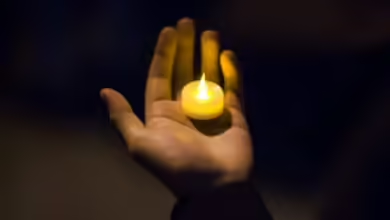The Supreme Court removed Udhayanidhi Stalin because to Sanatana’s statement, “You are not a layman.”
Udhayanidhi Stalin, the leader of the DMK and a minister for Tamil Nadu, suffered a serious setback on Monday when the Supreme Court censured him for his divisive “eradicate Sanatana Dharma” remark. The court stated that Stalin should have been more circumspect in making such remarks because, as a minister, he should have known the ramifications.

When considering the case, a panel of justices Sanjiv Khanna and Dipankar Datta said, “You abuse your right under Article 19(1)(a) (of the Constitution).” You misuse the privilege granted by Article 25. Are you currently using your Article 32 right to present a case before the Supreme Court? Are you unaware of the repercussions of your words? You’re not an amateur. As a minister, you are. You need to be aware of the repercussions.
The petition has been postponed until March 15 by the highest court.
In September 2023, Udhayanidhi Stalin, the DMK leader and son of Tamil Nadu chief minister MK Stalin, caused a great deal of controversy when he claimed that Sanatana Dharma should be abolished and equated it to dengue and malaria.
UdhayanidhI said, “There are some things that we have to eradicate and we can’t merely oppose,” while taking part in an event. We have to remove diseases like malaria, dengue, coronavirus, and mosquitoes. This is also how Sanatanam is. Our primary priority must be eradication rather than opposition to Sanatanam.
Udhayanidhi clarified, meanwhile, that although his position toward the Hindu faith is not one of hate, he would still say the same thing about Sanatana Dharma. Udhayanidhi stated that his remarks were not directed against Hinduism, but rather against Sanatana, a caste-based society.
Since the DMK is a part of the Indian coalition, several politicians and individuals harshly criticized the DMK leader for making such a comment. Some even demanded an apology from the INDIA bloc. Additionally, he was the target of many criminal complaints as a result of the statements.







